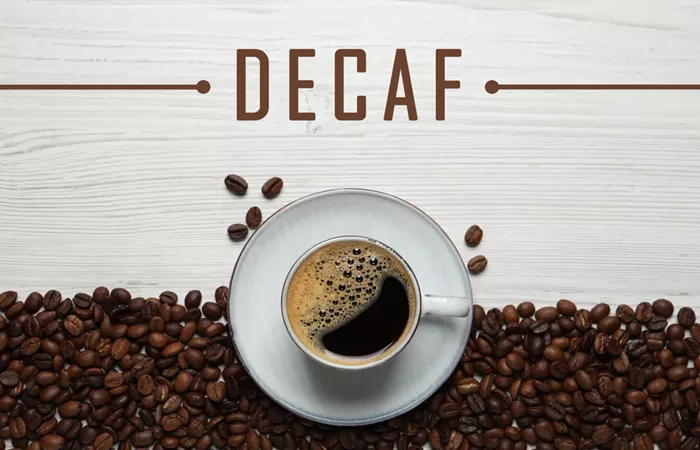For millions who rely on their morning coffee to feel alert, new research suggests that decaffeinated coffee may provide similar benefits—thanks largely to the power of expectation.
In a study conducted by researchers in Slovenia and the Netherlands, habitual coffee drinkers showed similar cognitive and physical responses after drinking both regular and decaf coffee. The findings suggest that the brain’s anticipation of coffee may be as influential as the caffeine itself.
More than two billion cups of coffee are consumed globally each day, and the stimulating effects of caffeine are well-documented. But for those looking to reduce caffeine due to anxiety, sleep issues, or other health reasons, decaf could still deliver much of the perceived boost.
“Anticipation plays a significant role,” the researchers wrote. “Participants expecting caffeine often experience similar cognitive and performance improvements regardless of whether they consume caffeine or a placebo.”
The Study
Twenty healthy university students who regularly consumed one to three cups of coffee per day took part in the study. Prior to testing, they avoided caffeine for 8 to 11 hours, ate no food for two hours, and ensured at least seven hours of sleep.
Upon arrival, researchers recorded baseline brain activity using EEG, as well as cardiovascular measurements. Participants then completed two cognitive tasks: a mental arithmetic test and an auditory reaction-time test known as the “oddball” task.
Participants were then divided into two groups. One group received decaffeinated coffee, while the other received the same decaf coffee with added caffeine (6mg per kilogram of body weight). After drinking their assigned coffee, both groups rested for 30 minutes before repeating the tests and measurements.
Surprising Results
While some physical and cognitive changes occurred after coffee consumption, the researchers found almost no significant differences between the caffeine and decaf groups.
Neither group showed improvement on the mental arithmetic test. However, both showed faster reaction times on the auditory task, with only the caffeine group’s improvement reaching statistical significance—suggesting a possible placebo effect.
“This could be due to an anticipation effect from habitual coffee consumption,” the researchers noted. “Even the smell of coffee has been shown to reduce reaction times in regular drinkers.”
EEG readings showed increased brain wave activity related to cognitive processing during the reaction-time task, though this was only statistically significant for those who had caffeine.
Both groups also showed similar cardiovascular changes: elevated blood pressure and lowered heart rates—typical responses in habitual coffee drinkers. The similarity in these effects, regardless of caffeine intake, was unexpected.
The Power of Expectation
The researchers concluded that the familiar ritual of drinking coffee may trigger cognitive and physiological responses, even without caffeine.
“Stimuli that closely mimic coffee can produce cognitive and physiological responses markedly similar to those of real coffee,” they wrote. “These findings suggest that regular coffee consumers respond to coffee-like beverages independently of the presence of caffeine.”
Related topics:


